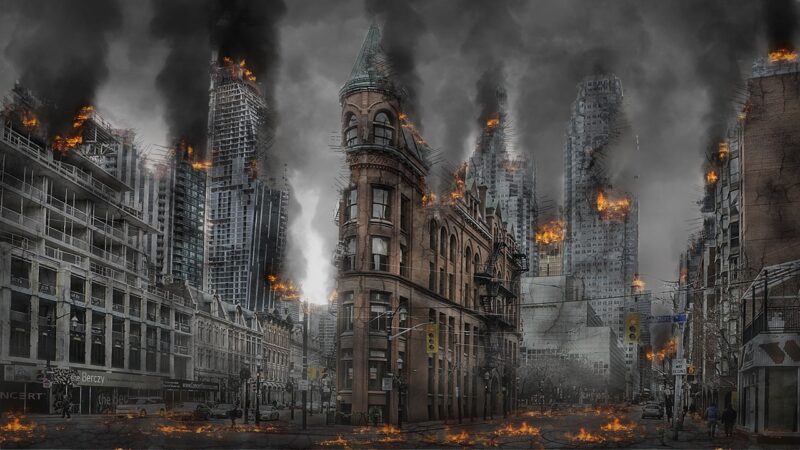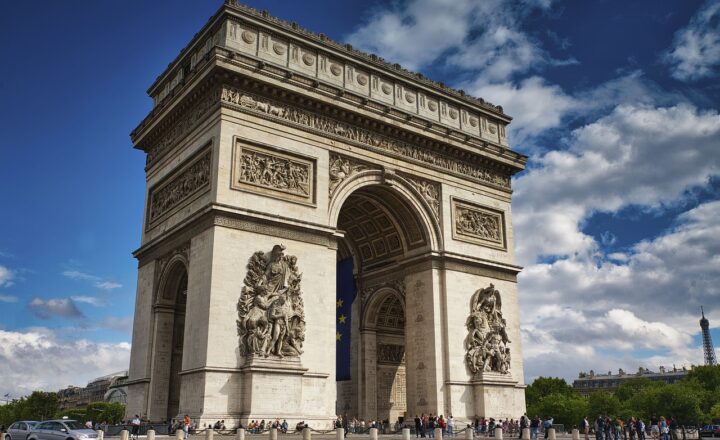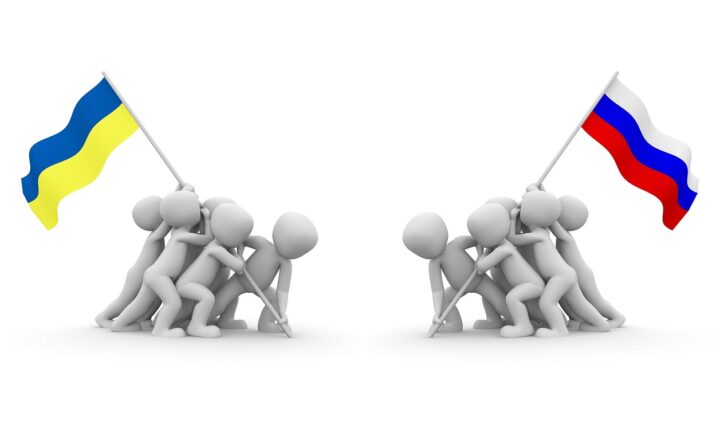Uncovering the Forgotten Stories of Ordinary People in Extraordinary Wars
November 19, 2024

War often brings to mind grand battles, heroic leaders, and significant geopolitical events, but woven through the fabric of these cataclysmic moments are the stories of ordinary people whose lives have been irrevocably altered. The stories of the people—the forgotten names, the unsung heroes, and the everyday struggles—are worth telling and remembering. In this article, we explore these overlooked narratives and their profound implications on history, society, and humanity itself.
1. The Context of Extraordinary Wars
Throughout history, wars have shaped nations, catalyzed revolutions, and altered borders. From the world wars to localized conflicts, these extraordinary wars have often overshadowed the everyday lives of those involved. However, these conflicts do not only affect soldiers on the front lines; civilians bear the heaviest burdens. It is essential to contextualize these wars within the framework of ordinary lives disrupted by extraordinary events.
Across history, many wars had civilian casualties that, while documented, were largely forgotten in the grand narrative.
– **World War I and II**: Millions of soldiers and civilians faced unimaginable horrors, yet stories of the homefront remain underrepresented. Local communities, families, and children adapted to survive while grappling with loss and uncertainty.
– **The Vietnam War**: Apart from the soldiers, the war deeply impacted Vietnamese civilians, with countless displaced persons and narratives of resilience arising from the ashes of conflict.
– **Modern Conflicts**: In contemporary warfare, stories of refugees fleeing devastation have become poignant reminders of ordinary lives torn apart.
Understanding the broader context helps us uncover these forgotten stories, revealing layers of humanity often glossed over by history.
2. Life Before War: Ordinary Stories
Before war strikes, the lives of ordinary people are filled with hopes, dreams, and banalities that define human existence. Take, for instance, the young couples planning their weddings, children attending school, or farmers tending to their crops. Understanding these life stories adds depth and meaning to the narrative of war.
For instance, consider a farmer in rural France during World War I. He woke up early every morning, tended to his fields, and dreamed of seeing his children grow. When the war broke out, his life changed overnight. Suddenly, the sound of gunfire replaced the tranquil sounds of nature, and his fields became a battleground. This kind of story reflects not only individual struggles but how deeply intertwined the fates of individuals and nations often are.
3. Civilian Impact: The Unsung Heroes
Ordinary people often step up in times of crisis, playing crucial roles that can change the course of history. During wartime, civilians may become heroes in their own right, leading initiatives to help their communities survive. Their stories are often overshadowed by the men on the front lines, yet their contributions matter deeply.
– **The French Resistance**: During World War II, countless ordinary citizens risked their lives to protest and sabotage the Nazi regime. Women, men, and even children played significant roles in the resistance, smuggling information and aiding the Allies. Their bravery often remained unknown until years later.
– **Conscientious Objectors**: Not all heroes wore uniforms. Many men and women, believing in peace rather than violence, chose to object to war and served their countries through nonviolent means. These stories illuminate the moral complexities of war and the choices individuals face.
– **Humanitarian Efforts**: During conflicts like the Korean War and the Syrian Civil War, ordinary people came together to provide shelter, food, and medical care. These unsung heroes often acted at great personal risk, displaying remarkable courage amid chaos.
These are just a few illustrations of how ordinary people can rise to extraordinary challenges during wartime, exemplifying resilience and compassion when faced with hardship.
4. Remembering the Forgotten: Stories of Resilience
The aftermath of war is not merely characterized by destruction but often embodies resilience, recovery, and renewed hope. The stories of those who survived war’s ravages—who rebuilt their lives and communities—serve as potent reminders of human endurance.
The tales of displaced families trying to find their way home showcase resilience that is inspiring:
– **Refugees and Displaced Persons**: Each refugee has a story to tell—of their home, their journey, and their hopes for the future. These narratives bring forth the need for empathy and understanding of those affected by conflict.
– **Women in War**: Women disproportionately bear the consequences of war, often being left to manage families and communities. Their resolve and leadership become vital for recovery and peace-building in post-war societies.
– **Art and Literature**: Many artists, writers, and filmmakers have transformed their experiences and observations into powerful mediums that keep these stories alive, allowing future generations to learn from the past.
The narratives of resilience and recovery often emerge after the wounds of war have started to heal. They remind us of the strength of the human spirit and the enduring impact of individual stories on collective history.
5. Lessons Learned: The Importance of Storytelling
Telling these stories is vital not only for honoring the past but also for shaping a more compassionate future. When we delve into the lives of ordinary people during extraordinary wars, we learn valuable lessons:
– **Empathy**: Understanding individual stories fosters empathy and a greater appreciation for the complexities of war and peace.
– **Awareness**: By sharing these narratives, we raise awareness of the human costs of conflict and the importance of advocating for peace.
– **Preservation of History**: Documenting and sharing ordinary people’s stories ensures that future generations remember the sacrifices made and the resilience shown.
Whether it’s through literature, oral histories, or digital archives, preserving these stories contributes to the broader understanding of history beyond battles and conquests.
Conclusion: Honoring the Ordinary in Extraordinary Times
The stories of ordinary people in times of extraordinary war deserve to be told. They remind us of our shared humanity, the economies of emotion, and the entangled destinies shaped by conflict. As we uncover these narratives, we breathe life into history and shed light on the profound impacts war has beyond the battlefields.
To preserve these stories is to honor the lives forever changed by war and to create a more compassionate future grounded in understanding and empathy. Let us take on the responsibility to share these tales, ensuring that the voices of the forgotten will echo through time, illuminating the path forward for generations to come.







